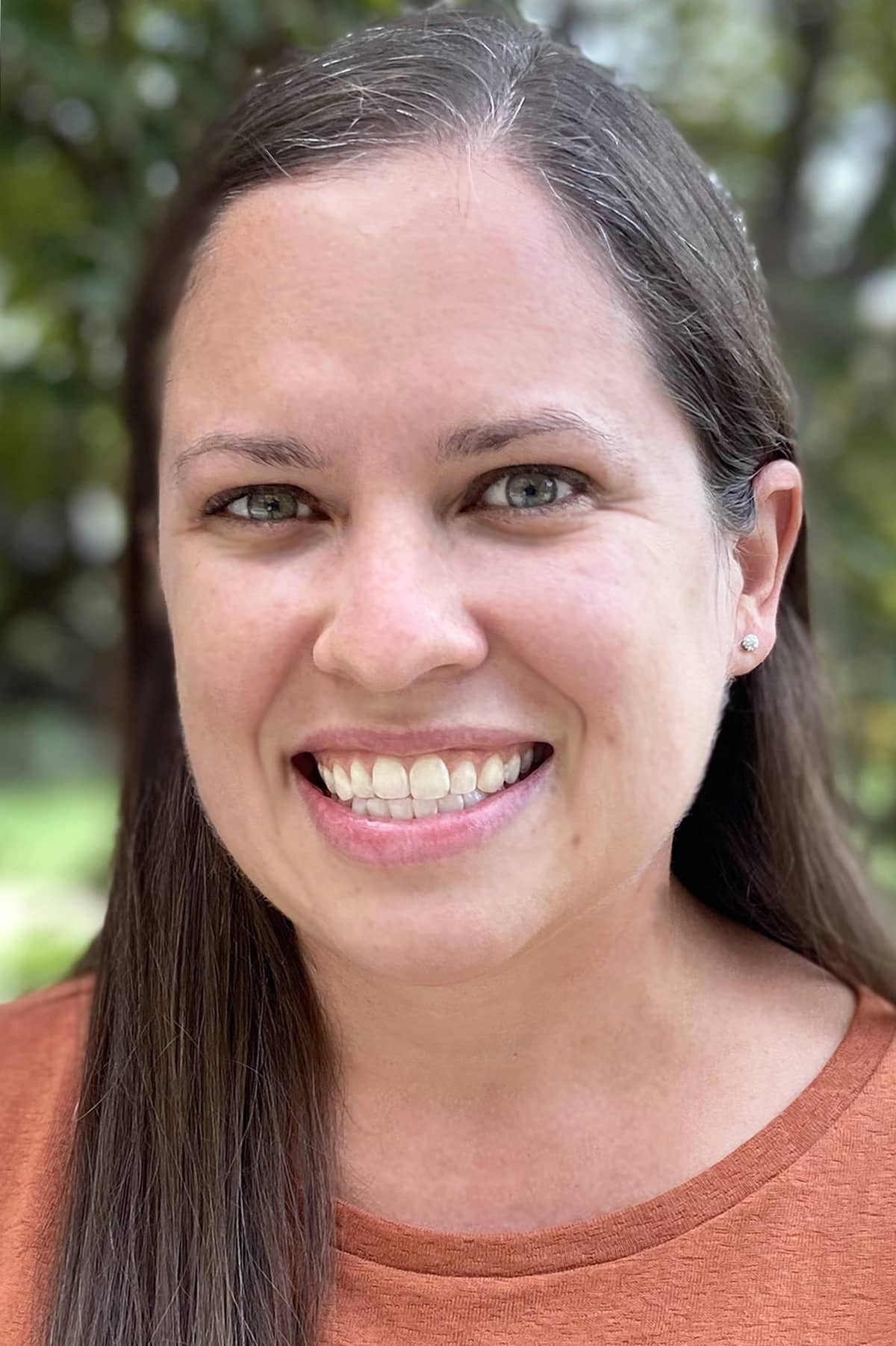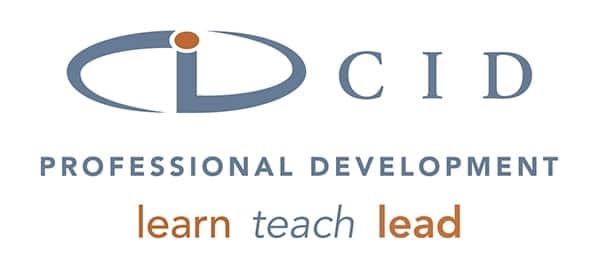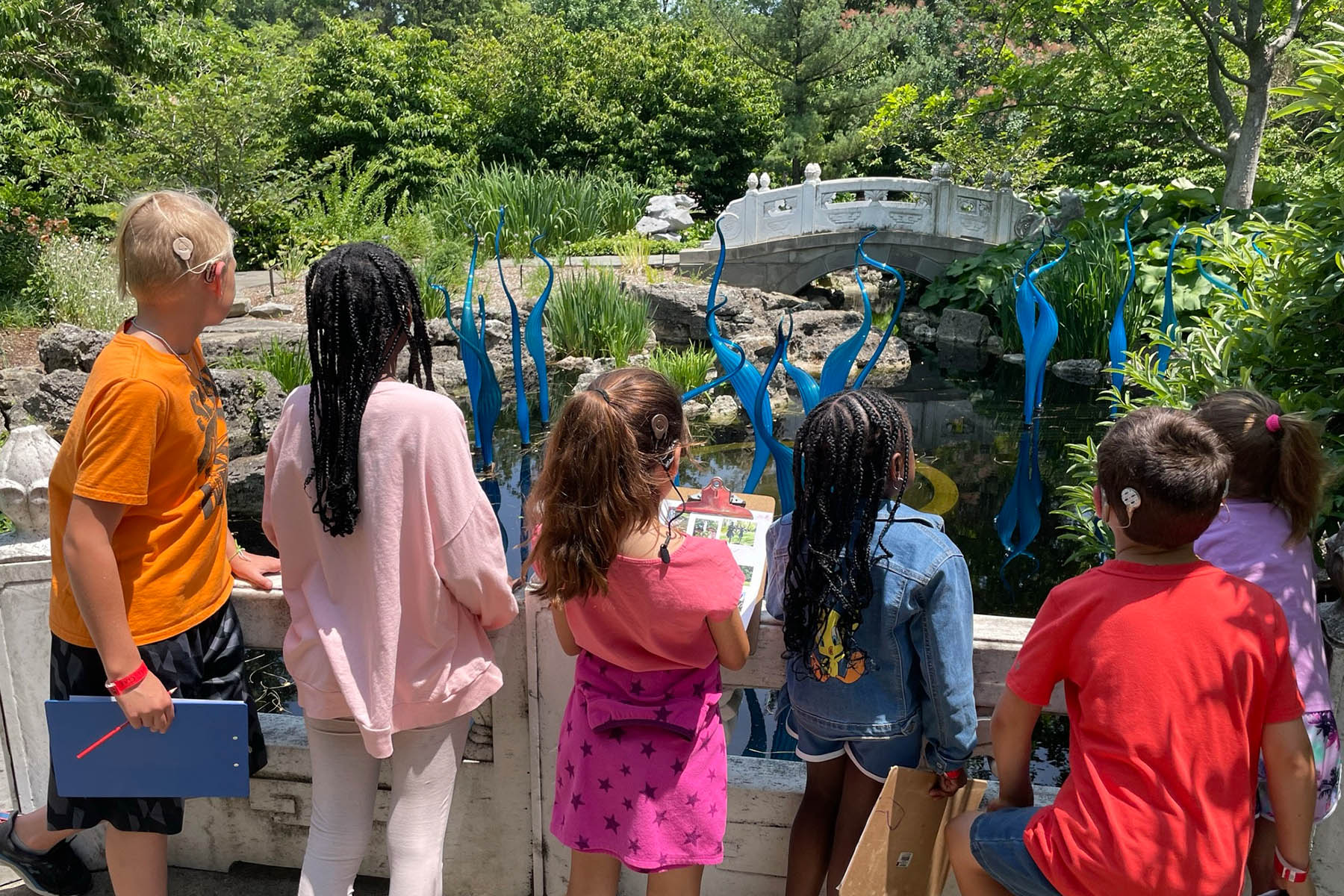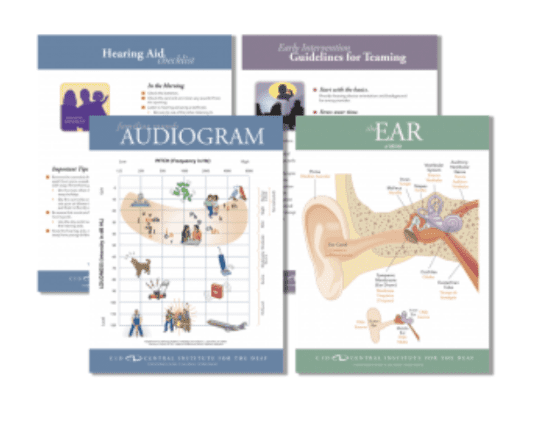School may be out for summer, but that doesn’t mean the learning has to stop. In fact, for children with hearing loss, the summer is a crucial time to continue working on the skills necessary to develop listening and spoken language skills.
It can be overwhelming as both a professional or a parent to balance education and fun experiences in the summer, but don’t worry! Kick back, lather on the SPF and follow these simple tips to capitalize on the myriad of unique learning opportunities this season can provide.
Anticipate auditory aggravation.
- The absolute basis of summer learning is listening! Put in some research ahead of time so you can plan for any obstacles that could prevent a child with hearing loss from enjoying experiences to the fullest. Think through questions like: How loud will the location be? Will we encounter any water? Even if you aren’t heading to a pool, many outdoor destinations add special water features just for the summer months. Does our destination offer accommodations for hearing loss? Make sure to bring any waterproof devices or FM/DM equipment necessary, along with an umbrella. Even if the forecast is clear, a sunny summer day can turn into a downpour in minutes.
I spy, with my little eye… natural math and literacy opportunities!
- Reading and math are vital parts of any homework regimen during the school year, but the world offers endless opportunities to practice these skills outside of the pages of a book. Going to the grocery store? Have your child help write the grocery list and figure out which item costs the least. Headed to the zoo? Make a game out of finding and reading informational signs about the animals in each exhibit. You can go on a letter hunt, match shapes to outdoor objects or keep a summer journal in which the child can write or draw about the favorite part of his day.
Get creative with connections.
- New information is retained best when students can make connections to things they already know. If you are planning fun activities for a week, try and plan them around a theme. For example, spend a week focusing on animals. Go to the zoo, visit a pet shelter or explore a nearby park and look for bugs. At each place, help your child make a connection to a former experience by asking things like, “How are zoo animals and pets the same? How are they different?” or “Do you think the monkey we saw at the zoo would like to eat the beetle you found under the rock? Do you remember what that sign said they eat?” Other ideas for themes include:
- science (visit a science center, go stargazing, do homemade experiments)
- art (go to a pottery studio, make paintings from things found in the backyard, learn a new dance)
- sports (attend a baseball game, make up crazy rules to a favorite game, set up an obstacle course in the basement).
Think out loud.
- Summer is a great time to model metacognitive and metalinguistic language, which is a fancy way of saying ‘talk about your thoughts.’ By thinking, wondering and problem solving out loud, you are providing an example of these skills, which are often delayed in children with hearing loss. Examples include:
- “How old do you think these trees are? If trees could talk, I would love to hear what they had to say!”
- “I can’t figure out why the water in the pool is so cold. Do you think it’s from all the rain?”
- “I wonder what would happen if I mixed these brownies with a ladle instead of a whisk?”
It doesn’t matter what creative topics you talk about as long as you and your child never stop talking!
Advocacy academy.
- More time spent outside of home and school means more time spent in the company of others who don’t understand the world of listening and spoken language for children with hearing loss… yet. Summer is a great time for children with hearing loss to work on self-advocacy skills in their community. Whether that looks like a child explaining his cochlear implants to another kid on the playground or a teenager asking about captioning at the movie theater, the opportunities to practice these skills may be more abundant in summer than during the school year.
While traditional classrooms might be closed for the summer months, much larger classrooms have opened. Although summer homework assignments remain important some of the best learning opportunities can come from moments where education is cleverly disguised as a family camping trip, a day at the zoo or an afternoon in the backyard. Don’t forget the sunscreen and bug spray!
ABOUT THE AUTHOR

Kelly Wood is a deaf education teacher in the Anabeth and John Weil Early Childhood Center at CID – Central Institute for the Deaf. She received her master’s degree in deaf education through the Program in Audiology and Communications Sciences (PACS) at Washington University. Prior to working as teacher in the early childhood program, she served as a parent educator in the Joanne Parish Knight Family Center at CID.












